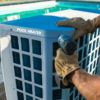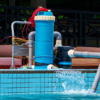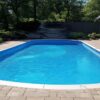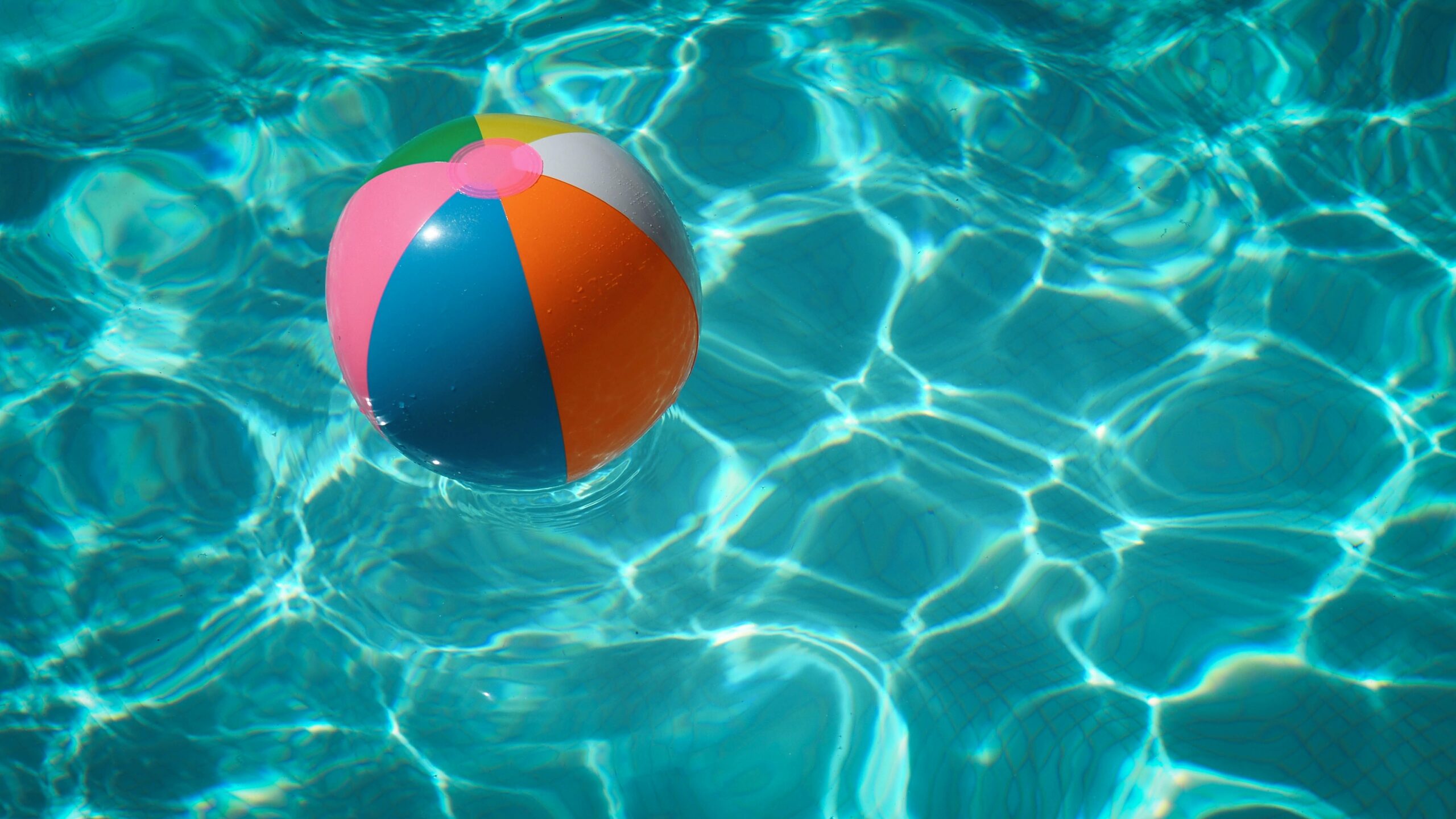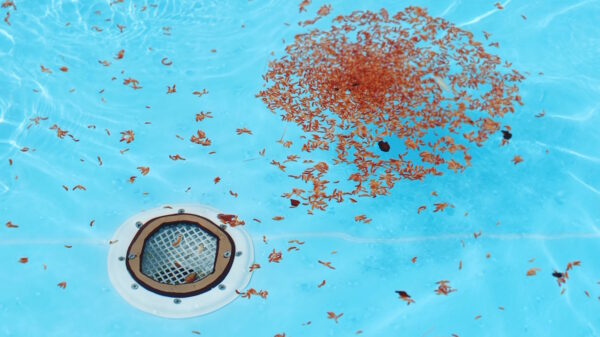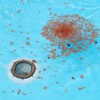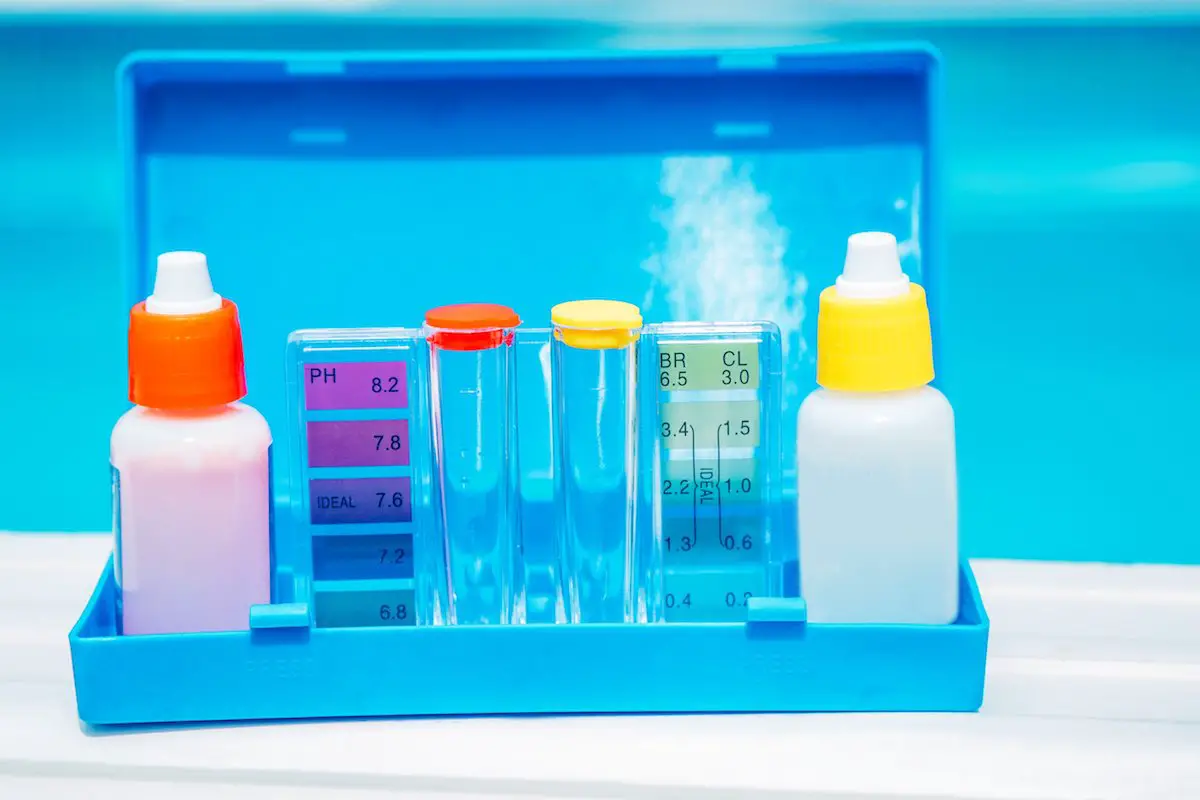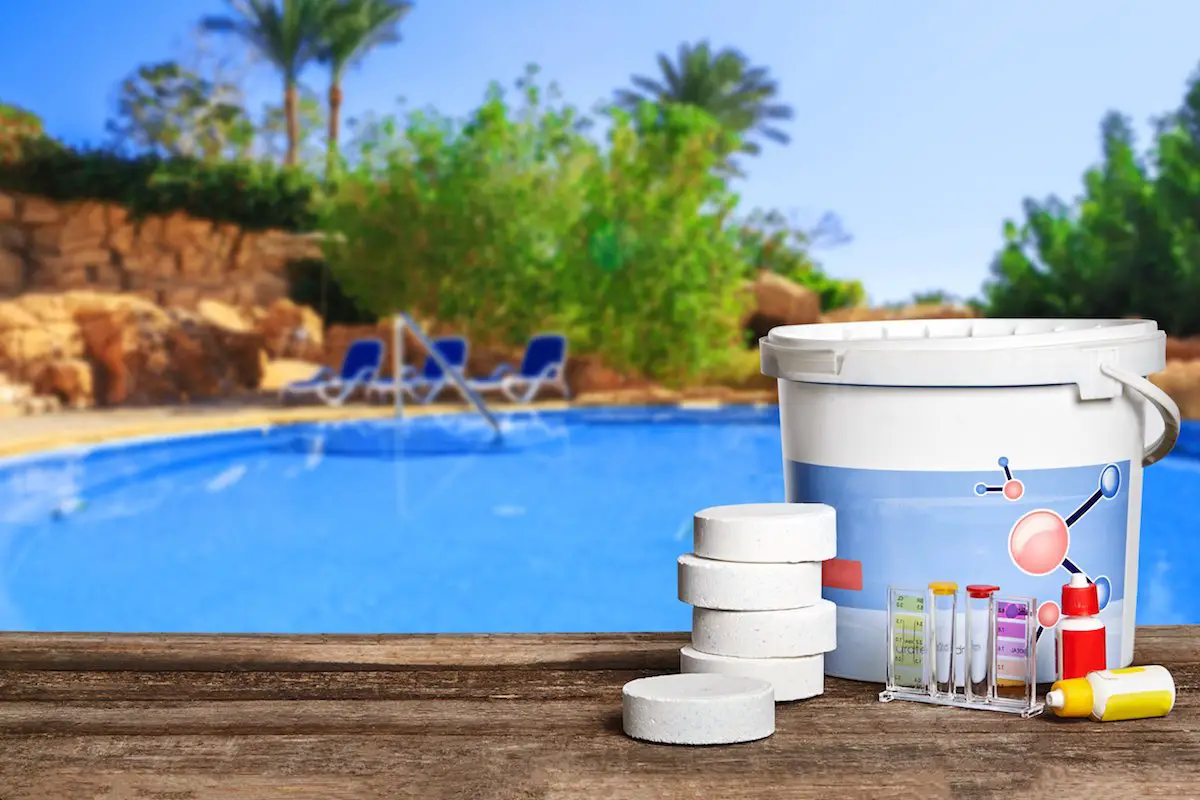Understanding How Your Swimming Pool Salt Generator Works
Having a pool is a great family-friendly purchase that everyone can enjoy. However, there are a lot of expenses that accompany pool ownership. When you become a pool owner you need to learn a lot about pool up-keep, maintenance, and functionality. If you own a saltwater pool you absolutely have to know how a salt chlorine generator works. A salt chlorine generator is essential to maintaining the life of your saltwater pool. I have researched this topic extensively and will provide you with answers to how this item works and what you can do to maintain it in your pool.
So, how does a swimming pool salt chlorine generator work? The salt chlorine generator is the main piece of equipment for saltwater pools. Many people who have saltwater pools do not realize that these pools use chlorine to sanitize. The difference is how chlorine is added to the pool. A salt chlorine generator converts sodium chloride or table salt into chlorine. Salt chlorine generators work by electrolysis. In electrolysis, saltwater is charged electrically thereby splitting salt molecules and generating chlorine. This is how your saltwater is sanitized.
In this article, we will discuss the things you need to know about how your salt generator works. I will go into the details of how your generator works and the benefits of having one. I will also discuss how to maintain your salt chlorine generator including the chemicals you need. Continue reading to learn all about your salt chlorine generator to be able to get the best use out of it.
Details On How Your Salt Chlorine Generator Actually Works
 Some people call a salt chlorine generator a saltwater filter. This is not correct. Your salt chlorine generator does not filter your pool water. There is a separate saltwater filter that will remove debris from your pool.
Some people call a salt chlorine generator a saltwater filter. This is not correct. Your salt chlorine generator does not filter your pool water. There is a separate saltwater filter that will remove debris from your pool.
Your salt chlorine generator consists of two parts, the cell, and the control board. The cell converts the salt into chlorine. Water is charged by the control board. The control board is made of metal, generally ruthenium or indium.
It is the part of the generator that controls the level of chlorine in the pool. The control board can also be connected to a pool automation system to allow it to be controlled remotely.
Three types of salt are used in a salt chlorine generator solar salt, mechanically evaporated salt, and mined salt. Solar salt comes from seawater that has evaporated due to the sun. It contains impurities that make the generator work harder. Mechanically evaporated salt uses electrical heat to evaporate the water. Mined salt comes from the ground and is the purest form of salt.
The amount of salt your pool needs is based on the requirements of your salt chlorine generator. Your owner’s manual will give you the correct amount needed. Most salt chlorine generators need 3,000 to 4,000 parts per million (ppm). You will also need to know the number of gallons of water in your pool and its current salt levels. This will tell you how much salt you need to add. You will also need to use a salt table and saltwater test kit to calculate how much salt to add.
Advantages & Disadvantages of a Salt Chlorine Generator
There are many benefits and disadvantages to having a salt chlorine generator for your saltwater pool. Saltwater pools have lower chlorine levels which make them softer and gentler on your skin. You will not have to handle large amounts of chlorine to maintain your pool. You will not have to add chlorine to your pool regularly.
Your salt chlorine generator will allow your sanitation system to produce only the chlorine that is needed. Salt chlorine generators are consistent. They consistently generate the same amount of chlorine regularly. This means less maintenance than a regular chlorine-based pool system.
However, if you have more people in your pool than regularly you will have to make some chlorine adjustments due to the potential increased contaminants. Disadvantages include the initial cost of a saltwater pool and system. It is much more expensive than a traditional chlorinated pool system. However, the overall cost of operation of a saltwater pool is cheaper than a regular chlorinated pool.
Another disadvantage of a saltwater pool and salt chlorine generator system is corrosion. A pool’s metal components must be bonded properly to avoid corrosion. Otherwise, corrosion can impact pumps, filters, heaters, underwater lighting, liners, fixtures, or anything metal within your pool. Due to the complexity of the saltwater pool system, you will need trained professionals to service your pool, even for minor problems.
How to Maintain Your Salt Chlorine Generator
One of the main items you need to be concerned with regarding your saltwater pool and salt chlorine generator is your pool’s chemistry. There are a few things you have to watch to make sure it is properly maintained. Firstly, your salt level must be monitored. If your salt level is too low you will need to add pool salt until it reaches the starting level of your salt chlorine generator.
You will also need to inspect the cell in your generator for mineral build-up. Calcium can build up in the cell of your generator over time and must be cleaned with a special solvent. You will need to refer to your manufactures instructions for specifics.
Next, you will need to manage your pool’s stabilizer. This stops chlorine from evaporating from your pool system. Saltwater pools use cyanuric acid which binds to the chlorine your saltwater generator produces. When the stabilizer is at the proper level; your chlorine levels will be stable.
Your pool’s PH levels also need to be managed. The optimum pH for a saltwater pool is 7.4. This number naturally increases over time, therefore, it must be monitored. You must test your pool’s chlorine and pH levels regularly. This will help your salt chlorine generator to run consistently and prevent things like algae from growing in your pool. Finally, you may need to shock your pool per your manufacturer’s instructions. You can shock your pool with a special mixture of chlorine and water.
This is needed to assist with maintaining the chlorine levels. It is like a deep cleaning for your pool. You can accomplish this with granular chlorine. Granular chlorine will kill anything that should not be growing in your pool. This will help if normal chlorine levels drop too low.
Cleaning Your Saltwater Pool
Covered saltwater pools need to be cleaned two to three times per week. It will need to be cleaned more if you leave your pool uncovered. You will also need to clean your pool lining monthly. As with any pool sanitation system regular upkeep is required to maintain both the life of your pool and salt chlorine generator. A pool in general is a commitment. However, weigh the costs and benefits of a saltwater pool system for your family’s enjoyment.
Chemicals to Use to Maintain Balance in Your Saltwater Pool and Salt Chlorine Generator
As part of your saltwater pool and generator maintenance, you must maintain the proper chemical balance. Chemicals you must regularly examine include:
- Salt
- Alkalinity
- Cyanuric Acid
- Calcium
As we have discussed throughout this post, your salt levels are extremely important to maintaining the life of your pool and salt chlorine generator. The salinity of your pool must be checked regularly to meet the minimum requirements of your salt chlorine generator. You must also maintain your pool’s alkalinity.
Your pool’s pH must always be maintained. This will affect the look of your pool. Highly alkaline pool water will look cloudy while low alkaline pool water can cause corrosion and damage to your pool. Cyanuric Acid is a stabilizer for your pool. This chemical assists with preventing chlorine from evaporating from your pool water due to the sun.
Lastly, calcium hardness must be monitored or it could be disastrous for your pool. High levels can lead to scaling. Low levels often cause corrosion. Remember whenever using chemicals it is always best to follow your instructions carefully or call a professional to assist you.
Related Questions
How much does a saltwater generator in a pool system cost? A salt chlorine generator can be bought from $500- $600. However, a complete saltwater pool system (in which a salt chlorine generator is a component) can cost from $1,500 to $2.500 depending on the size of your pool.
How long does a salt chlorine generator last? Generally, your salt chlorine generator should last about three to five years or 10,000 hours of operation. Various items need to be maintained to ensure the life of your generator. You must properly maintain your pool regularly, monitor salt levels, water chemistry, inspect your salt cells as well as several other items.
How do you clear a cloudy saltwater pool quickly? The cloudiness of a saltwater pool can come from an assortment of things. At times the cloudiness can come from problems with circulation, unbalanced chemistry, or even. To correct the cloudiness you will need to balance your pool’s chemistry, check and clean out your filtration system. For algae or another organic contaminant, you can use a pool clarifier or vacuum the contaminant up.

